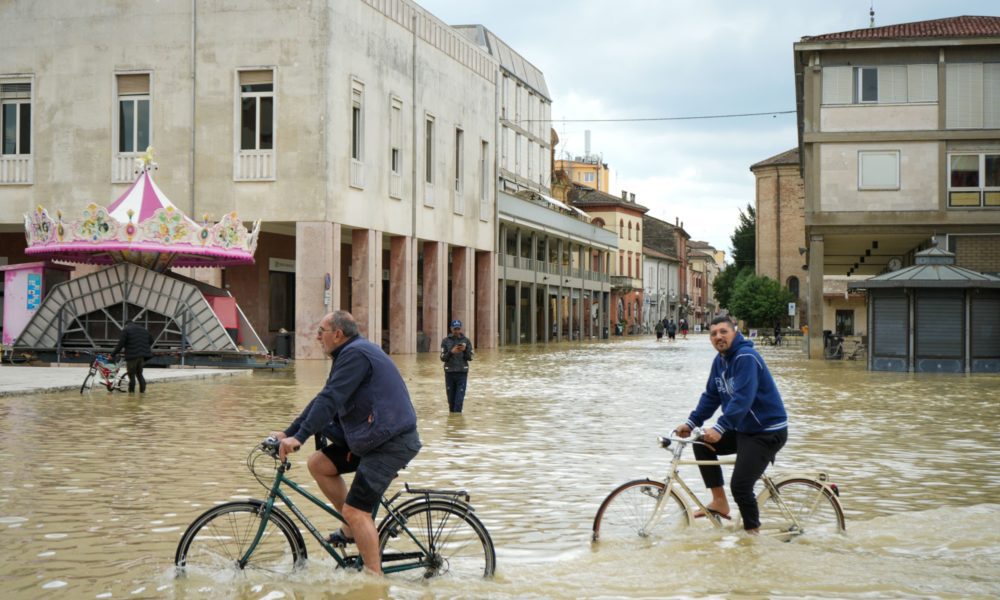Lack of data makes life difficult for big banks in the US. Wall Street financial firms have complained to the Federal Reserve that they failed to adequately account for the risks to their businesses associated with climate change.
The decision comes after a month-long exercise to gauge how hurricanes, droughts or other extreme weather events could affect lenders’ portfolios. Six banks participated: Goldman Sachs, JP Morgan Chase, Wells Fargo, Bank of America, Citigroup and Morgan Stanley.
read more: Floods in RS cause almost R$13 billion in economic destruction
Some of the data challenges are related to building properties and insurance coverage. “In many cases, participants relied on external vendors to fill data and modeling gaps,” the central bank said in a statement released on Thursday (9).
“Uncertainty surrounding the timing and magnitude of climate-related risks makes it difficult for participants to determine how best to incorporate these risks into their risk management framework on a business-as-usual basis,” it says.
Unlike traditional stress tests, where the climate program does not have any capital or supervisory implications for banks, the exercise is undertaken to ensure that financial institutions are prepared for the risks posed by changing climate and extreme weather events. It also helps banks prepare to operate in an economy that is not dependent on fossil fuels.
Financial regulators are closely watched by Republican politicians. They fear that institutions such as the central bank will become part of environmental, social and governance policy-making rather than entering into environmental, social and governance policy-making.

“Internet addiction in terminals. Award-winning beer expert. Travel expert. General analyst.”







More Stories
Oil falls for 4th consecutive session on US stocks and conflict in Middle East – Money Times
Youth development in UK poultry farming is a new initiative in international production
Robert F. Kennedy Jr. considers abandoning campaign and endorsing Trump